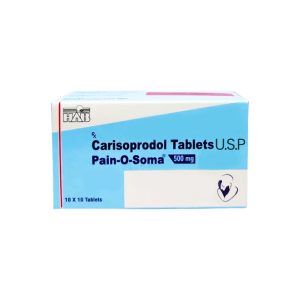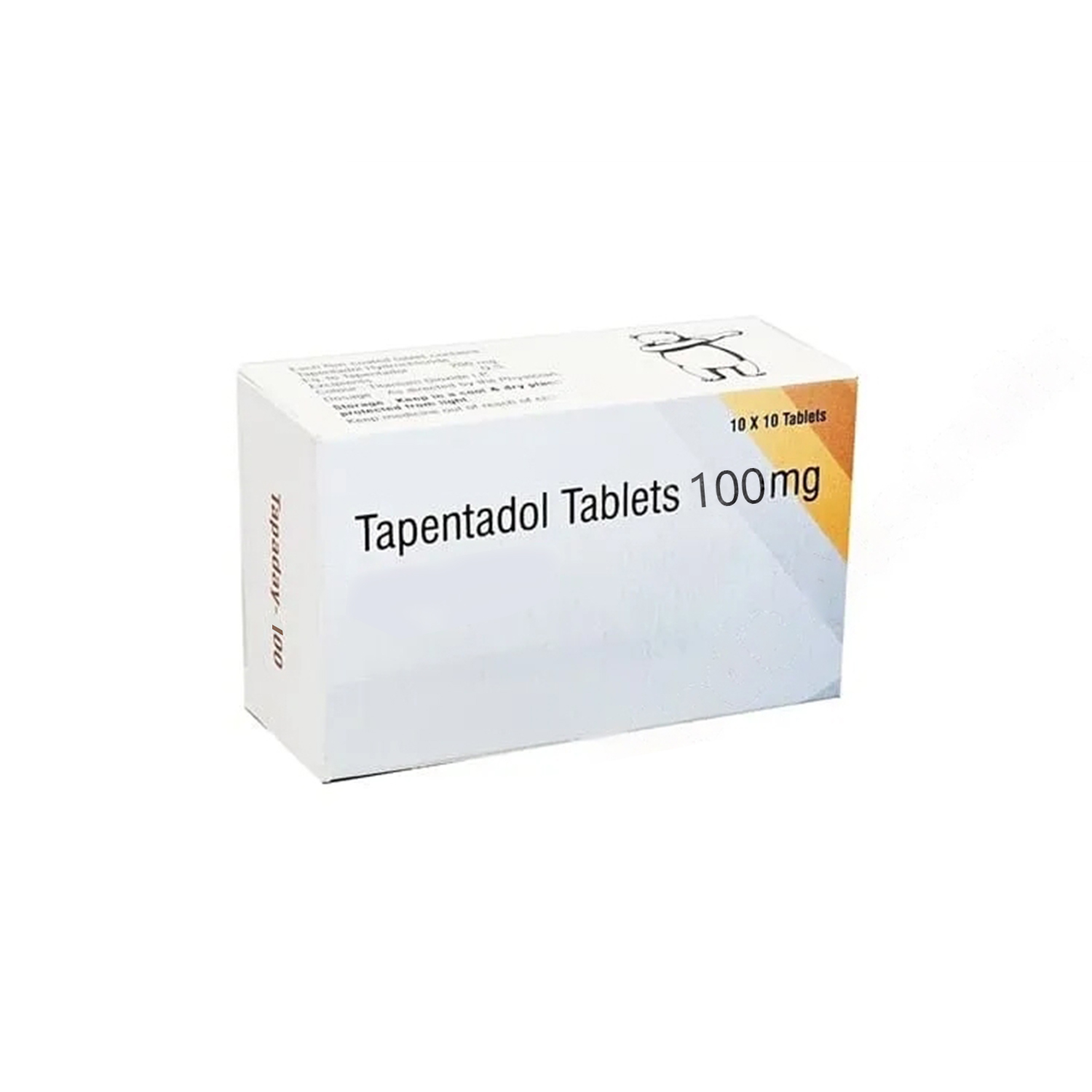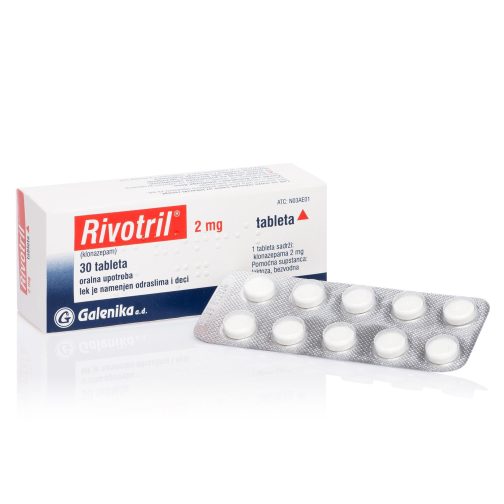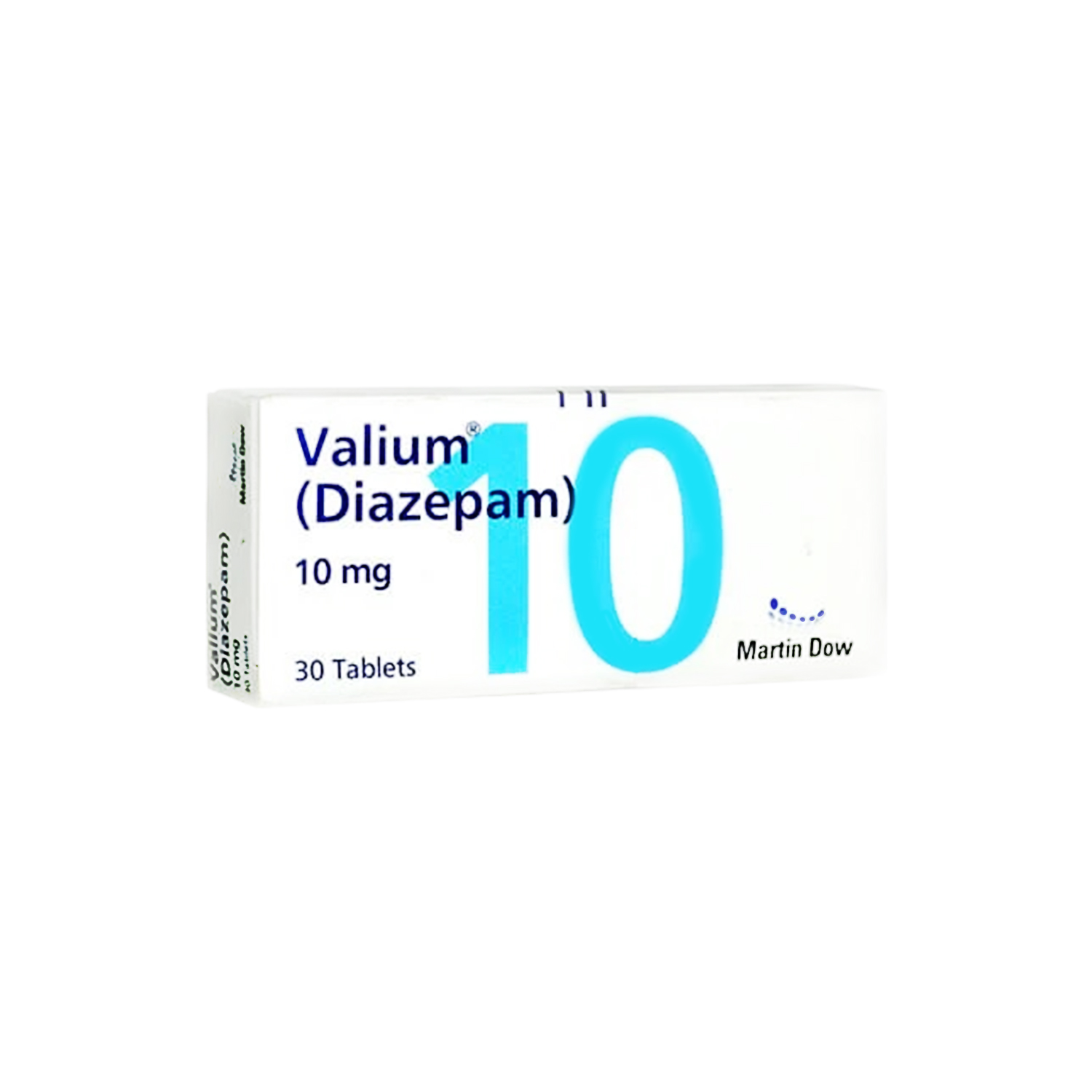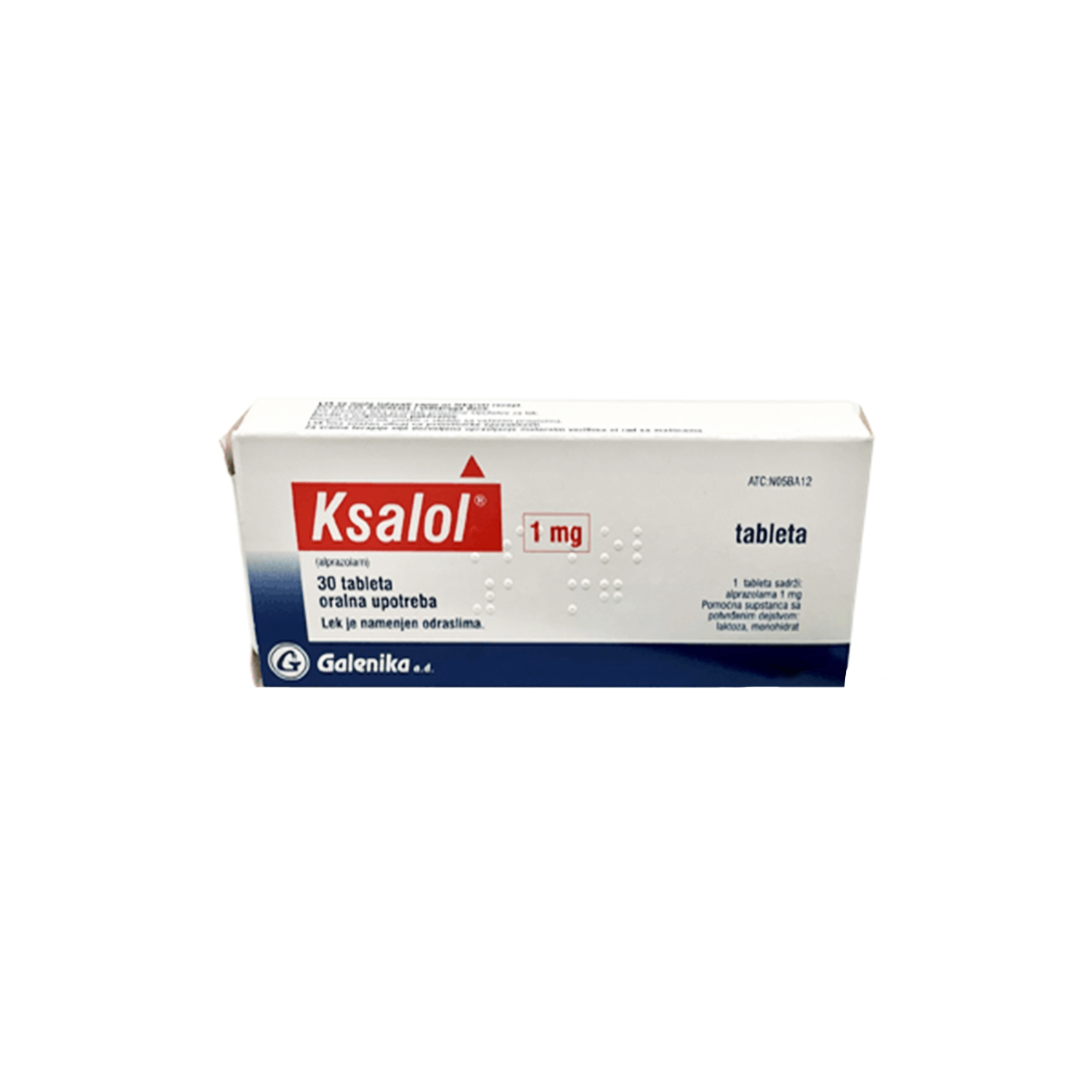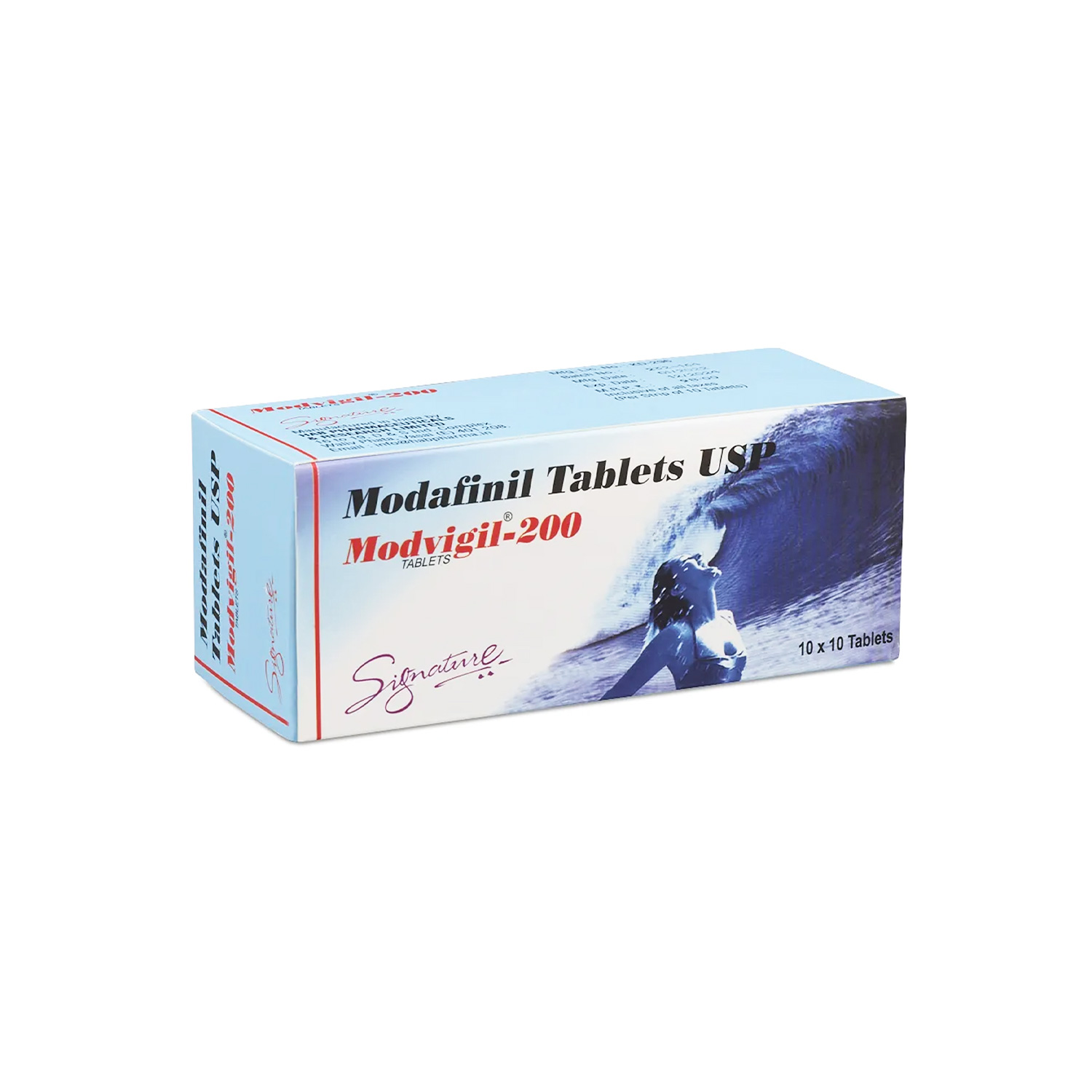Depression and Anxiety Medication
Exploring Depression and Anxiety Medication and Finding Relief
Introduction
Common mental health conditions like Depression and Anxiety Medication can have a serious negative effect on a person’s wellbeing and quality of life. Although counseling and lifestyle modifications are crucial for managing these disorders, medication is frequently a successful treatment choice. We will delve into the world of depression and anxiety medicine in this blog, looking at its advantages, varieties, factors, and the significance of a holistic approach.
Understanding anxiety and depression
Constant sadness, hopelessness, and a loss of interest in once-enjoyed activities are hallmarks of depression. On the other side, excessive concern, fear, and a persistent unease are symptoms of anxiety. Both disorders frequently coexist, increasing the symptoms of the other, and they can both be brought on by a mix of genetic, environmental, and psychological causes.
The Function of Medicine
The chemical abnormalities in the brain that lead to sadness and anxiety can be treated with medication. They are made to control neurotransmitters that are essential for controlling mood, including serotonin, norepinephrine, and dopamine. The equilibrium of these molecules can be restored by drugs, which help to reduce symptoms and enhance general health.
Different Medicines
First, SSRIs (Selective Serotonin Reuptake Inhibitors):
The most often given drugs for depression and anxiety are SSRIs. They function by raising the brain’s serotonin levels, which improve mood and lessen anxiety. SSRIs that are frequently recommend include Prozac, Zoloft, and Lexapro.
2. 3.
Serotonin-Norepinephrine Reuptake Inhibitors (SNRIs):
SNRIs target norepinephrine, another neurotransmitter implicated in mood regulation, in addition to regulating serotonin levels. This category includes drugs like Cymbalta and Effexor.
4. 5.
Benzodiazepines:
These drugs are frequently administere to treat anxiety problems and are successful in bringing about momentary relief. Xanax, Ativan, and Valium are some examples. They are typically recommend for brief periods of time, nevertheless, because of their propensity for addiction.
6. 7. Atypical antidepressants are a group of medications that function differently from conventional SSRIs or SNRIs. Atypical antidepressants like bupropion (Wellbutrin) and mirtazapine (Remeron) work by targeting several neurotransmitters to reduce symptoms.
8.
Factors to Consider and Side Effects
It’s important to remember that medication must be administere and treated by a licensed healthcare provider, like a psychiatrist or a primary care doctor with training in mental health. They will assess the condition’s severity, take into account each person’s demands, and prescribe the best treatment.
Despite having potential negative effects, medicine can sometimes be very effective. These could include nausea, dizziness, weight changes, or sexual dysfunction but might vary depending on the medicine. To identify alternatives or modify the dosage, it’s critical to be upfront with your healthcare practitioner about any negative effects you have.
One-Stop Shop for Treatment
Medication ought to be considere as a component of an all-encompassing therapeutic strategy rather than as a stand-alone therapy. Therapy, including cognitive-behavioural therapy (CBT), which aids people in coping strategies development and addressing underlying difficulties, is frequently paire with it. Because a balanced diet, frequent exercise, and enough sleep are further lifestyle modifications that improve general mental health.
Conclusion
Although dealing with depression and anxiety can be difficult, people can find relief and recover control with the correct strategy, care, and support.

